Source: Arctic News
The lateral viscosity of the thin Arctic sea ice cover continues to lower. In November just one quarter of the high Arctic Ocean basin above 85° north was covered by a thin this winter's ice. This has now doubled, soon covering two quarters. The ice has been pushed away from Russia towards Canada and to the Fram Strait at phenomenal rates.

|
| Animation by navy.mil showing 30 days of sea ice thickness, up to January 1, 2015 |
This is increasingly suggesting that the remaining half in front of the Fram Strait will be sucked into the Atlantic Ocean soon. The dark blue ice is newly formed crushed ice behind the North Pole (pack ice). We may well be in course to the first recorded ice free season in the Arctic Ocean. In addition, the rear is pushed from behind Canada to the Beaufort and Chukchi Seas.

|
| Animation by navy.mil showing 30 days of sea ice speed and drift, up to January 1, 2015 |
We need to act, now. I think we need to monitor this development almost on daily basis. I am curious to see how the ice may behave after the last remainders of the second quarter are sucked into the Atlantic Ocean and the newly forming sea ice will face the force of the Atlantic waves. That could mean extremely highly fractured sea ice across the Russian side by the return of spring 2015 sunlight.
I think we are witnessing a historic transition right now with no ice in the summers.
Source: Arctic News




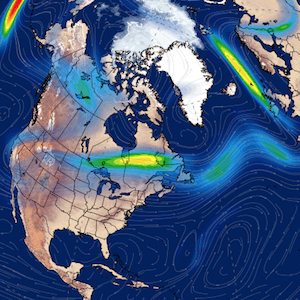



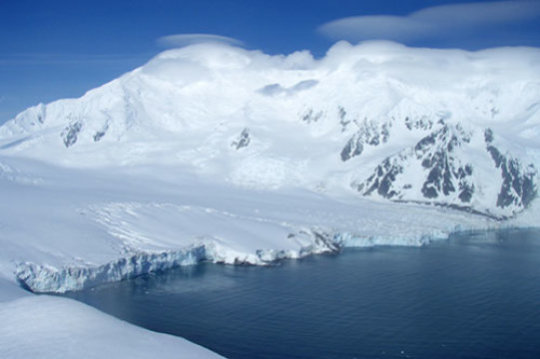

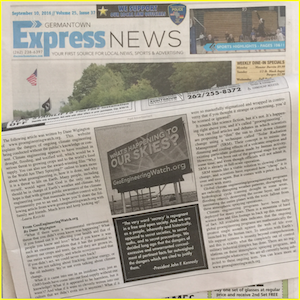



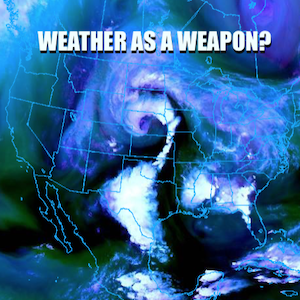
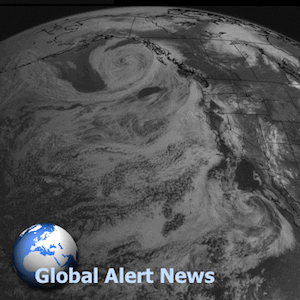
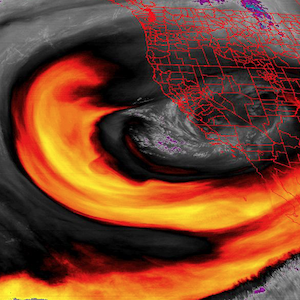

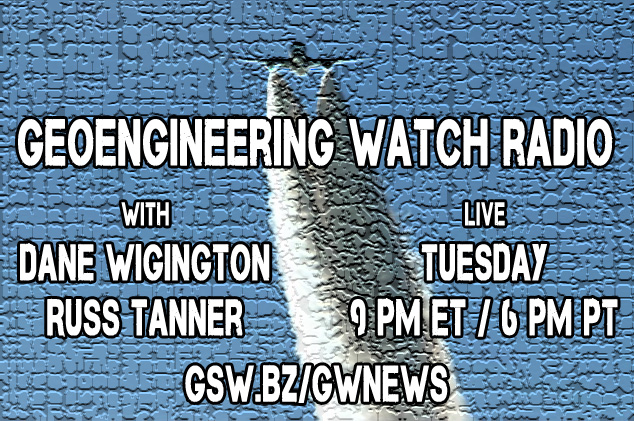
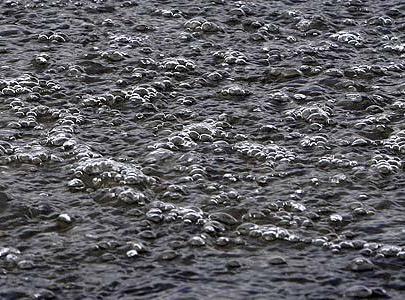


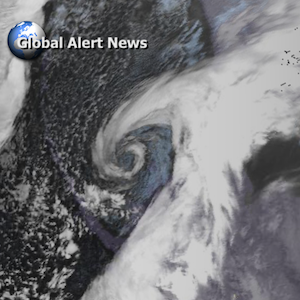


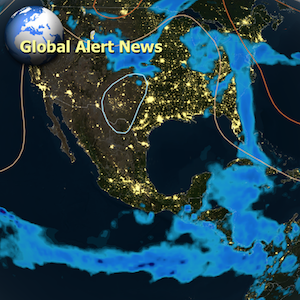

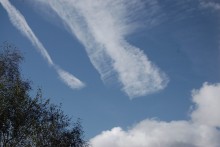
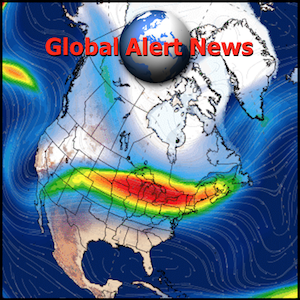
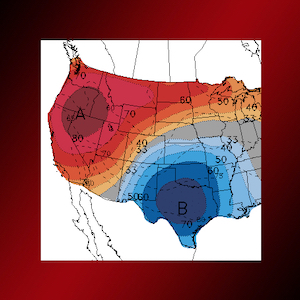
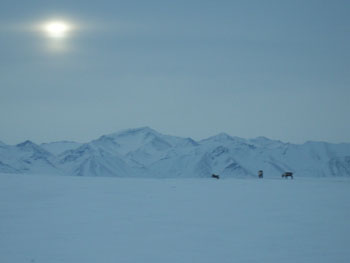
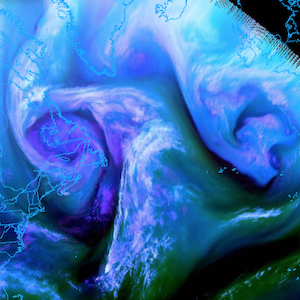




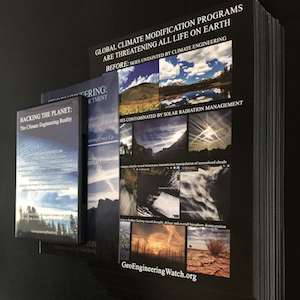
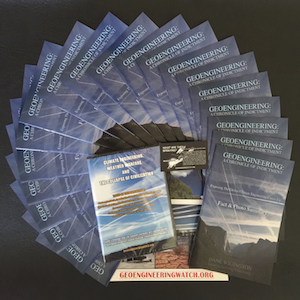









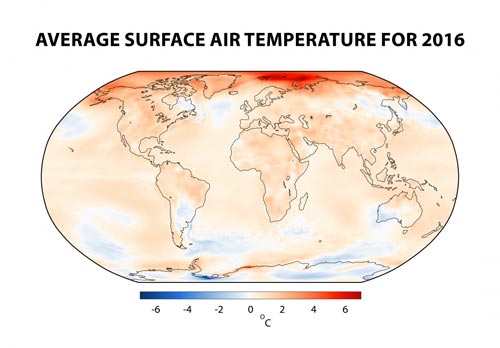
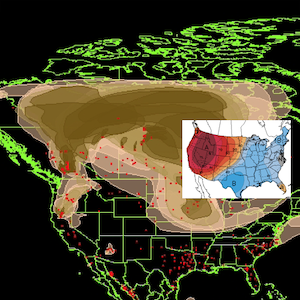



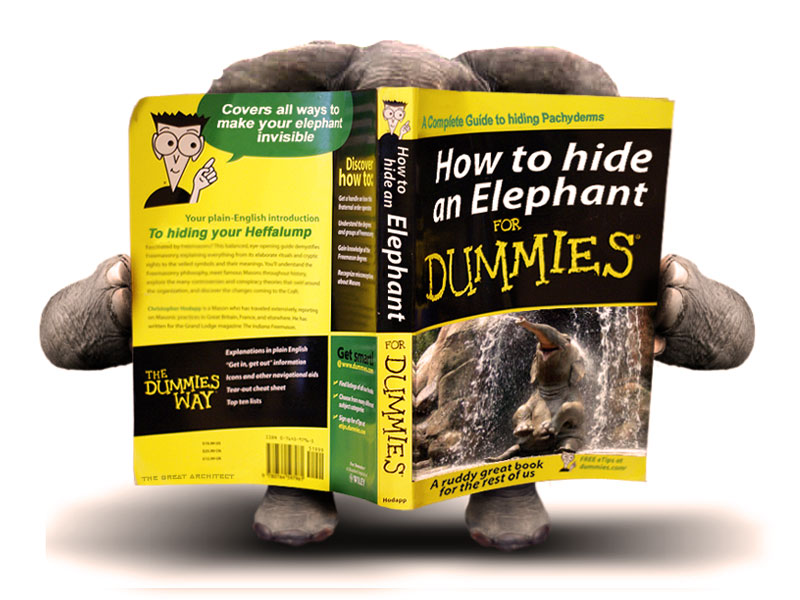

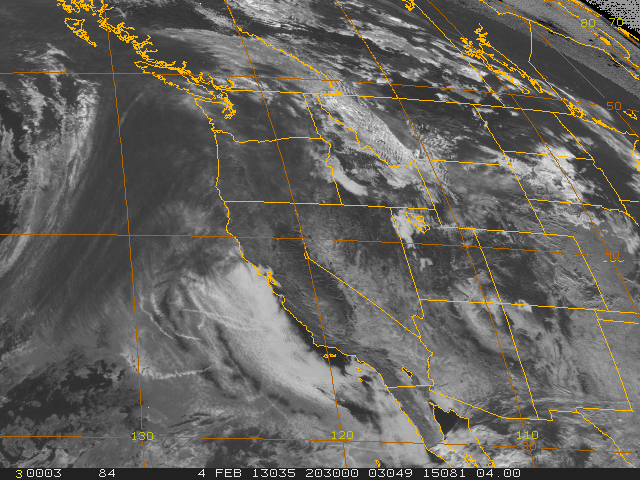
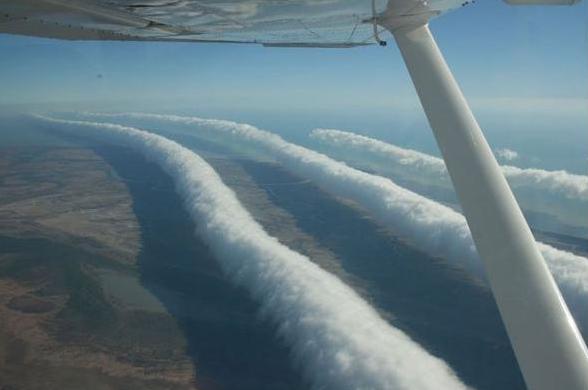
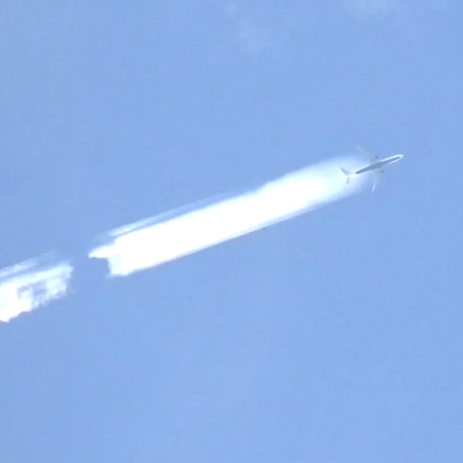
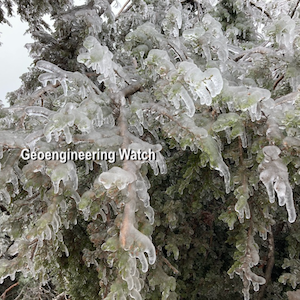

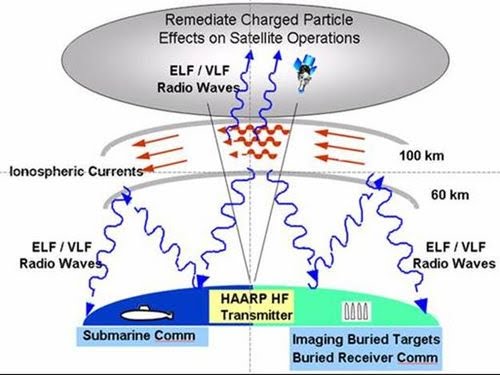
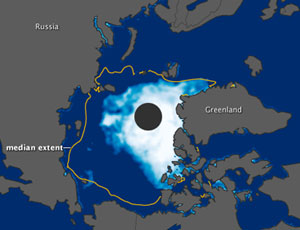
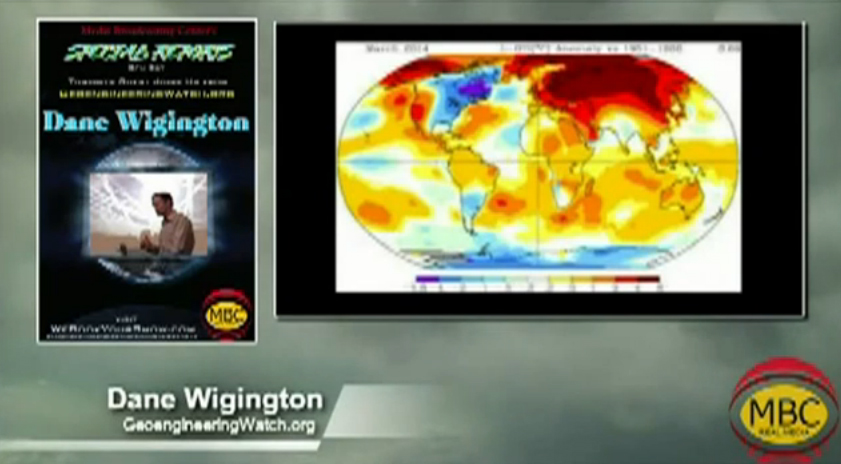

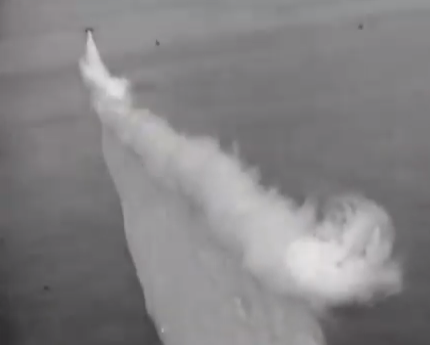

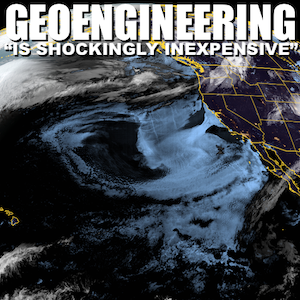

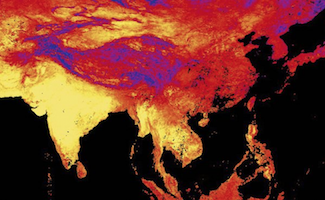
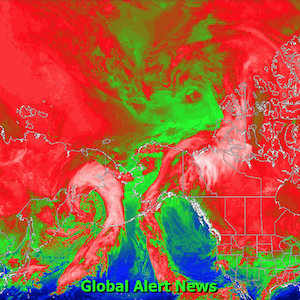

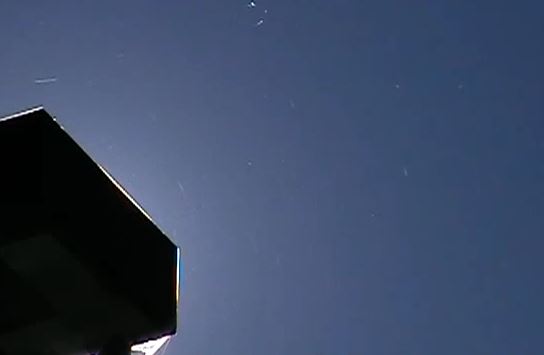

One Response
I had to study this animation a bit to get the grasp of the matter. Canada’s north is like the moon to southern Canadians, if you have not been there you have no clue. An retired acquaintance of mine flew the arctic as a job for 25 yrs, measuring the annual ice extent for the gov, each yr watching it reduce, until they were finally flying times ten in miles, from 40 to 400 miles to reach it. In his words, ‘…all hell is going to break loose when its ice free.’ This summer past he guessed it would be as early as 2018. He tells his sons to buy land far away from civilization that has lake access (fresh water). Its one man’s opinion to be sure. But understanding the ice extent was his career. He’s guessing like you and me at the consequences.
James-in-Ont